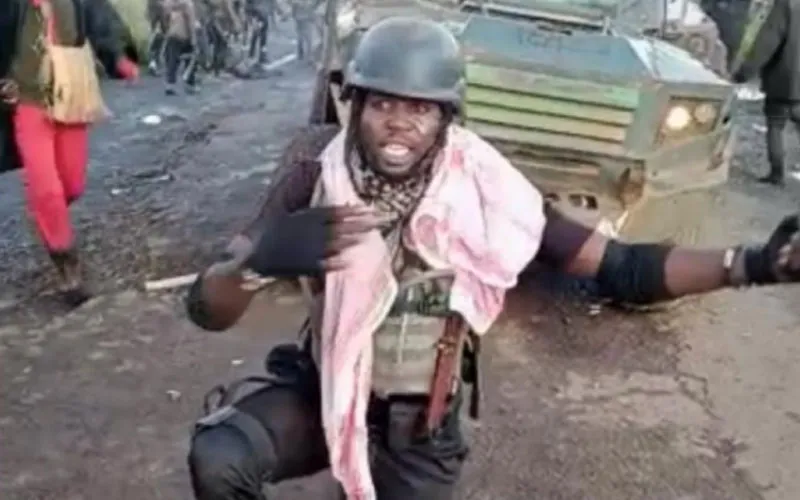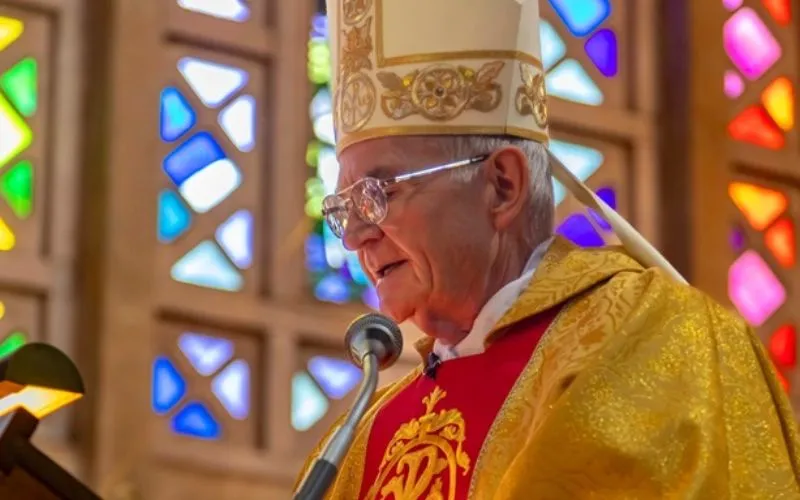DHPI officials report that the lockdown was pronounced by the leadership of the struggle for the Independence of Ambazonia based in the USA and is being imposed in consultation with the ARFs on the ground.
The reasons for the lockdown are said to be to send a strong message to the UN General Assembly holding in New York, where Cameroon will present in her report that normalcy has returned to the two English-speaking regions and that the academic year 2022/2023, which started on September 6, has taken off hitch-free in the war-torn Northwest and Southwest regions.
The instructions on the lockdown further clarified that Fridays, Saturdays and Sundays are open for movements within the cities for people to get basic necessities and circulation is strictly limited to taxis and commercial motorbikes or okadas as they are referred to locally.
However, according to DHPI officials, some factions of the Ambazonia fighters have denounced the lockdown, claiming that it is going to bring untold hardships on the civilian population who have had more than their fair share of suffering so far due to the crisis for these five years.
DHPI reports that on September 15, people remained indoors in the major cities of the Northwest and Southwest regions, “probably out of fear for reprisals and in a bid to assess the situation.”
(Story continues below)
According to the foundation, the start of the 17-day lockdown on September 15 was reinforced by the killing of a girl and the wounding of four others in a bus on the Kumba-Buea highway.
DHPI officials report that the bus was caught in a crossfire between government forces and the ARFs, with the said girl being killed on the spot by a stray bullet and the four other passengers sustaining serious gunshot wounds.
The first week of the “Guterres 17-days lockdown” was observed all over the Northwest and Southwest regions, DHPI says, and adds, “People respected and will respect the second week of the lockdown, not out of conviction but rather from fear of the unknown.”
“The lockdown means religious activities will be limited to the weekends and schools will remain shut for the duration of the lockdown,” the organization notes.
DHPI leadership has insisted that it is the local population who are caught in the middle of the struggle for control between the Cameroon government and the leaders of the struggle for the independence of Ambazonia who are backed by their ADF forces.
“When is it going to be clearer to the (President) Biya regime that the military option for the crisis is not and will never resolve the situation?” the officials of DHPI pose, and add, “An unconditional and all-inclusive dialogue between the government of Cameroon and the stakeholders remains the most practical way forward in resolving the crisis.”
Agnes Aineah is a Kenyan journalist with a background in digital and newspaper reporting. She holds a Master of Arts in Digital Journalism from the Aga Khan University, Graduate School of Media and Communications and a Bachelor's Degree in Linguistics, Media and Communications from Kenya's Moi University. Agnes currently serves as a journalist for ACI Africa.








